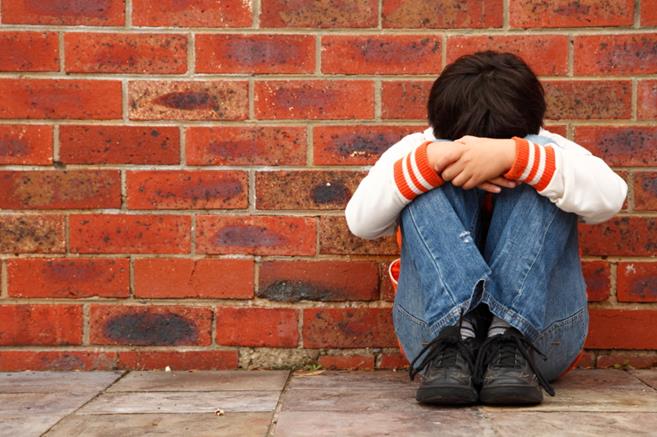Bully-Proof Your Child

 Most children experience some bullying over 12+ years of education. Fortunately, few children have to deal with excessive bullying over a long period of time. Schools are much better at taking these matters seriously today. While some children take a little bullying in stride, others find the experience very stressful.
Most children experience some bullying over 12+ years of education. Fortunately, few children have to deal with excessive bullying over a long period of time. Schools are much better at taking these matters seriously today. While some children take a little bullying in stride, others find the experience very stressful.
It’s estimated that 160,000 students miss school each day because they’re afraid of someone at school. It’s heartbreaking to imagine your child as a member of that statistic.
Bullies are sad or troubled children that build their self-esteem by making other children miserable. They feel powerful when they can upset another child. While a bully is deserving of pity, it’s hard to be sympathetic when your child is being bullied.
Children will often hide the fact that they’re a bullying victim. They may try to avoid school by pretending to be sick, have trouble sleeping, or be moody in general. When a child that normally likes school suddenly shows signs of disliking it, they might be the victim of a bully.
There are many things you can do to reduce the odds of your child falling victim to a bully:
1. Develop your child’s self-esteem. We’re all more capable when we feel good about ourselves. Your child is no different. A child with healthy self-esteem is in a better position to handle bullying and seek help when necessary.
- Bullies are also more likely to pick on those with low self-esteem. Unfortunately, these children make the easiest targets and put up the least resistance.
2. Teach your child to be a problem-solver. No matter what challenge your child faces, teach them to approach the issue from the perspective of a problem-solver. A child that develops the habit of resolving challenges will be more capable of dealing with a bully successfully.
- Allow your child to help you find solutions to challenges at home. Imagine you can’t find your keys. You could walk your young child through the process of locating them.
3. Avoid allowing your child to be a victim. Some children learn to cope with stress and anxiety by playing helpless. They’ve learned that an adult will come and solve their problems for them. Teach your child to deal with their challenges assertively. Rather than allowing themselves to be bullied, a non-victim will seek the help they require.
- Avoid swooping in to save your child every time they experience stress or a disagreement at home. Teach them how to handle psychological pressure in a healthy and assertive manner.
4. Encourage your child to make friends at school. Those that are socially isolated make the easiest targets for bullies. Get to know the other mothers. Encourage your child to bring a friend home after school. A child with good social support is bully-proof.
- Over half of bullying situations end when a peer gets involved in the situation. Friends are the key to avoiding bullies.
5. Get the school involved. If your child is being bullied, involve the school. Avoid dealing directly with the other parents outside of a mediated environment. School officials take bullying very seriously. No child wants to have his parents dragged into school. Offering a little resistance can be a good way to get other children to leave yours alone.
6. Encourage your child to discuss school. Communicate with your child daily about school and any other issues they might be having.
No child can truly be bully-proof. But you can come close. A confident, assertive child with a close group of friends isn’t an attractive target for a bully. Help your child to become confident and value themselves. No child should have to deal with a bully.
CLICK HERE to Explore Our Free Online Courses


Responses